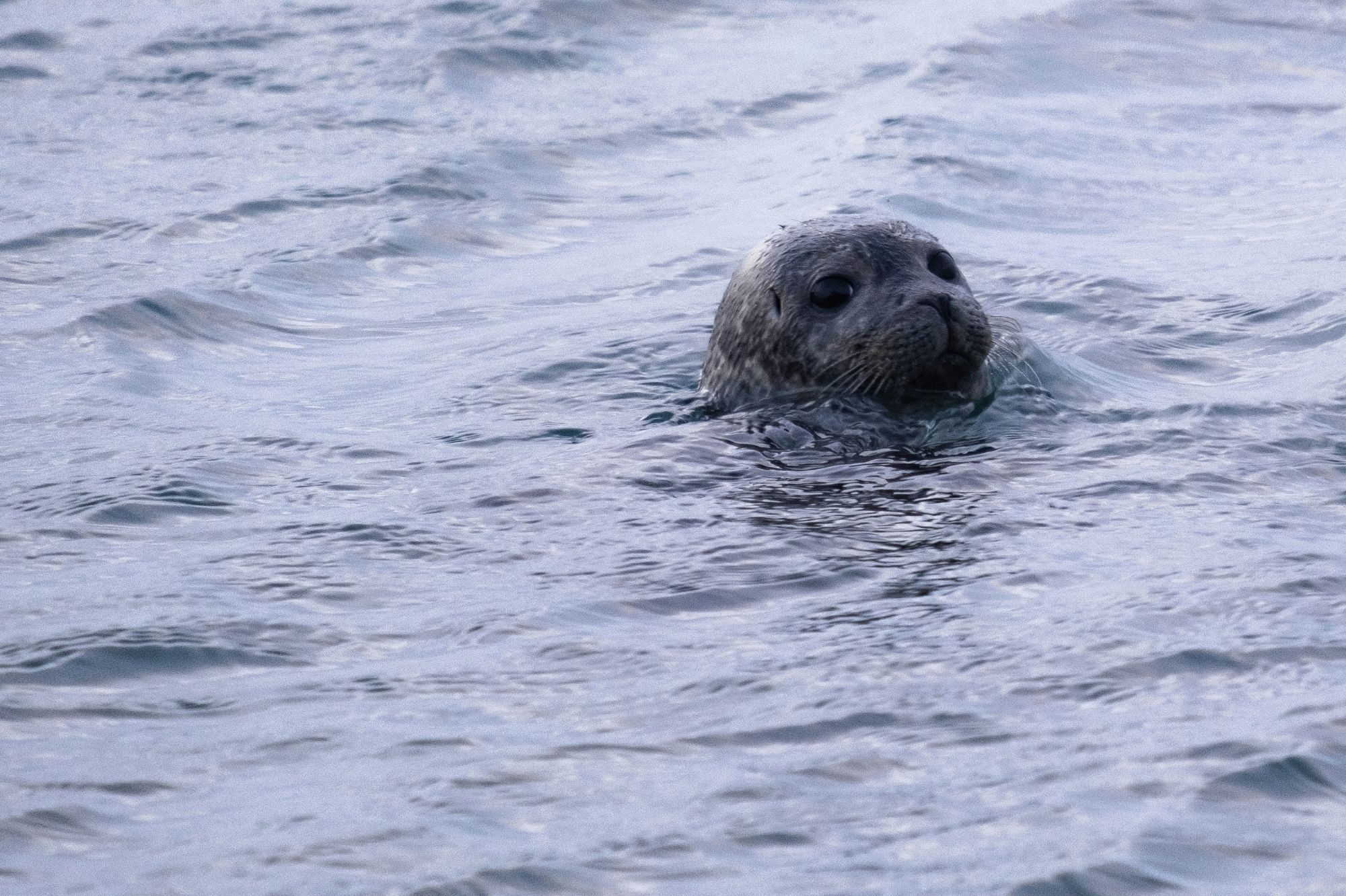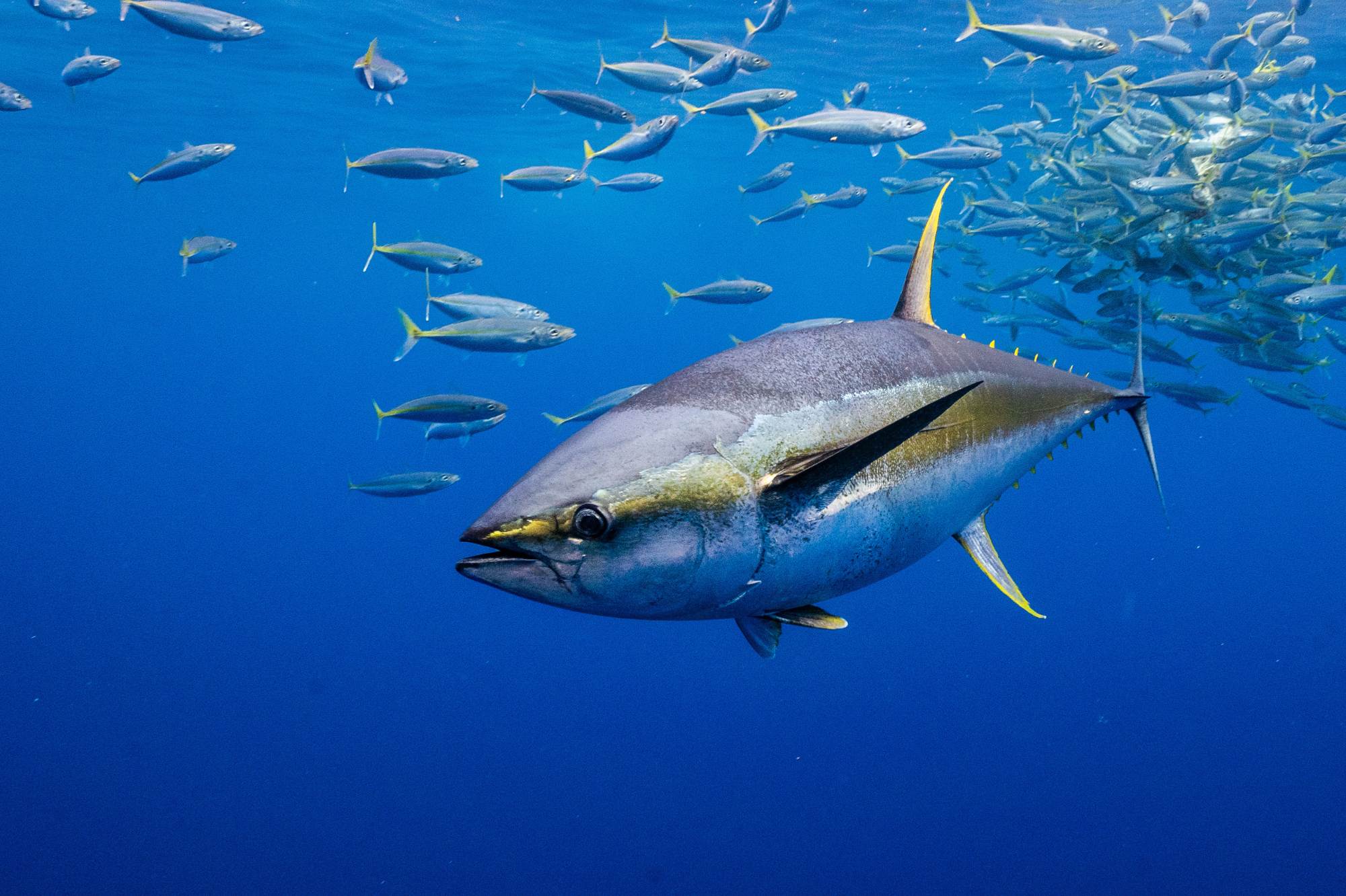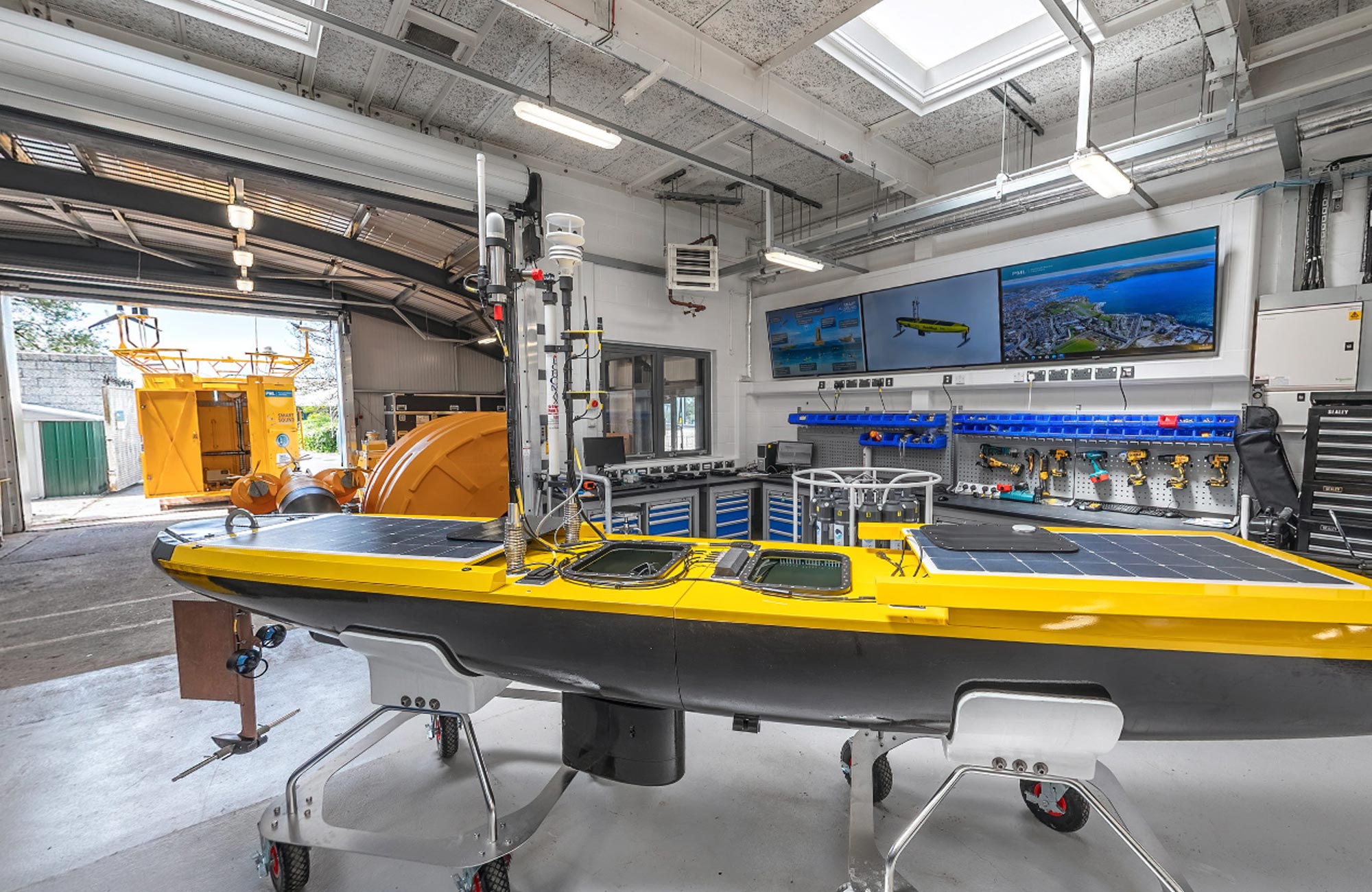Latest story
Plymouth scientists play key role in understanding future threats to the Atlantic
Plymouth’s world-leading ocean scientists will play a key role in an international project that aims to map and assess the current and future risks posed across the Atlantic Ocean.
Other recent news stories

New project links climate change, marine biodiversity and ecosystem services
25 September 2020FutureMARES is an EU-funded research project examining the relations between climate change, marine biodiversity and ecosystem services. It hosted its...

Arctic phytoplankton face competition in warming seas
23 September 2020As Arctic seas warm, important phytoplankton communities could find themselves competing for nutrients with encroaching Atlantic species, suggests new...

GOOD NEWS: Habitat refuges of Antarctic krill provide shelter from climate change
22 September 2020New research published in Limnology and Oceanography shows that Antarctic krill, a key link in the Southern Ocean food web, has refuges from the rapid...

Making climate science into music
17 September 2020An innovative technique creates music from climate data, to illustrate some significant effects of climate change in the ocean and to introduce how co...

Zooplankton and the smell of microplastics
17 September 2020The shape and smell of microplastics may influence whether they are eaten by tiny but vital marine zooplankton, a new study suggests.

Monitoring ocean acidification from the sky
09 September 2020PML’s research into ocean acidification and its effects spans across scientific disciplines. One study from last year demonstrated how satellite tec...

Global effort to investigate climate change using satellites
07 September 2020PML researchers have contributed to a paper describing a new satellite-derived wave height dataset and produced research highlighting an innovative pr...

Working together to help save Malaysian mangroves
03 September 2020New research and information has been published highlighting the importance of the dynamic and productive mangrove habitats but also how working toget...

New capability for developing environmental intelligence applications from satellite data
02 September 2020The NERC Earth Observation Data and Acquisition and Analysis Service (NEODAAS) is pleased to announce the successful install of its state-of-the-art M...

Crucial environmental benefits of Solent coast
26 August 2020The Solent’s coastal habitats provide the equivalent of over £1.1 billion in environmental benefits every year, according to a new study by researc...

Blooming algae off the South West coast
21 August 2020The last couple of weeks have seen a burst of biological activity off the south coast of the UK. From dolphin sightings to tuna shoals off Plymouth, o...

MOSAiC reaches the North Pole of Perseverance
20 August 2020On the 19th August MOSAiC, the largest Arctic research expedition in history, reached the North Pole. Even without COVID restrictions on travel, organ...

Huge coccolithophore bloom spotted from space
11 August 2020During June, many organisations were keeping an eye on a huge bloom of coccolithophore phytoplankton in the Channel, including NEODAAS, based at PML. ...

Coastal cities expose seafloor to dangerous light pollution
30 July 2020The global expansion of coastal cities could leave more than three quarters of their neighbouring seafloor exposed to potentially harmful levels of li...

South West Marine Ecosystems 2019 Annual Report now published
22 July 2020The South West Marine Ecosystems 2019 Annual Report has just been published and can be accessed on the SWME website.

Marine environment vital for UK economy
20 July 2020A new approach to understanding the UK’s marine economy changes our understanding of its importance, suggesting that its contributions are double th...

Defra report features Westcountry research on health benefits of being by the sea
18 July 2020Researchers at two leading Westcountry institutions have teamed up with Department for Environment, Food and Rural Affairs (Defra) in a study that sho...

Weather, time and phytoplankton blooms
16 July 2020Computer models used to study important phytoplankton blooms can be affected by how often weather variables are input, a new study suggests.

PML announces new Head of Science for Sea & Society
15 July 2020PML is excited to announce the new Head of Science for Sea &Society, Professor Nicola Beaumont.
Current Events
Ocean Sciences Meeting (OSM)
22 February 2026
Upcoming Events
13th annual World Ocean Summit
4 March 2026
PML at Oceanology International 2026
10 March 2026
NERC Tech Forum 2026
2 June 2026




